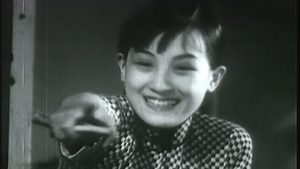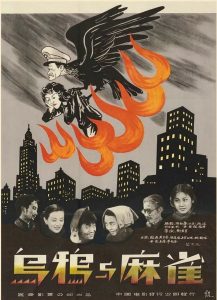Module 11: Crows and Sparrows (1949)
Civil War is raging across China, and time is running out for the inhabitants of a Shanghai row house. The corrupt official and his kept woman in the penthouse want to evict everyone and sell the place for gold before fleeing the country. Who will stay and who will go? Crows and Sparrows is one of the most finely-crafted films of the 1940s, with a tight script and brilliant character acting. Production began before and ended after the People’s Liberation Army entered Shanghai near the end of the civil war, in May 1949. The film bears clear traces of this history, notably its celebratory ending.
This module corresponds to chapter 14 in the book Chinese Film Classics, 1922-1949.
The film:
Wuya yu maque
106 minutes
Alternative English title: House and Tea Money
Director: Zheng Junli
Screenplay: Chen Baichen, Shen Fu, Xu Tao, Zhao Dan, Zheng Junli
Studio: The Peak Film Industries Corp., Ltd. (Kunlun)
Year of production: 1949
Year of release: 1950
Cast: Zhao Dan, Wu Yin, Wei Heling, Shangguan Yunzhu, Sun Daolin, Li Tianji, Huang Zongying, Li Baoluo
English subtitles translated by Christopher Rea
Video lecture 1: Fighting in a house of a dozen tenants
19 minutes
Contents:
- Plot summary
- Civil war context: population and housing pressures in Shanghai, hyperinflation, domestic chaos
- “Homecoming” films of the late 1940s
- The multi-family apartment as a narrative setting
- The “sub-landlord” 二房東 figure
- Influence on later films, including The House of 72 Tenants 七十二家房客 (multiple versions), Kung Fu Hustle 功夫, and 72 Tenants of Prosperity 72家租客
- A domestic allegory supportive of the Civil War’s victors, which castigates the losers
Video lecture 2: Monkey flies the coop
12 minutes
Contents:
- The bad guys: representing a KMT villain and his handmaiden
- The indeterminate ending – spies are still out there!
- Intellectuals represented as potential leaders of New China
- Historical ironies of Crows and Sparrows, including the Mao-era “Kill the Sparrows” campaign
Learn more:
Scenes from Crows and Sparrows
Old Wei, who is seeking to buy the building, serves as a narrative device to introduce the main families in this drama:
The Xiao children and Ah Mei sing a song about the monkey traitor, Hou Yibo:
The Acting Principal offers to help Mr. Hua with his housing problem…but not for free:
The second of two scenes introducing the main villain, Hou Yibo:
The Xiaos hatch a scheme to buy the apartment building:
Mahjong – a gambling game, a social pastime, and symbol of strategy, chance, and risk – appears in this scene, as well as in other films, such as Long Live the Missus! (1947):
Boss Xiao daydreams of getting rich quick:
Corruption as a workaday reality for Nanking officials:
Zhang Zhizhi, who was often typecast as a thug or a lustful bully, appears in a familiar role as his character smashes up Kong’s place:
The “sparrows” defy the “crows”:
Comparisons with other films
Zhao Dan also appears in Street Angels (1937).
Shangguan Yunzhu also appears in Long Live the Missus! (1947) and Wanderings of Three-Hairs the Orphan (1949).
Li Tianji wrote the screenplay for Spring in a Small Town (1948).
The multi-family apartment complex is also used as a narrative structuring device in films such as:
The House of 72 Tenants (1963)
The House of 72 Tenants (1973)
Stephen Chow’s Kung Fu Hustle (2004)
Eric Tsang’s 72 Tenants of Prosperity (2010)
Related Posts
Teaching Resources for Early Chinese Cinema
The Chinese Film Classics Project is a research, teaching, and translation initiative aimed at making early Chinese cinema more accessible to the general public
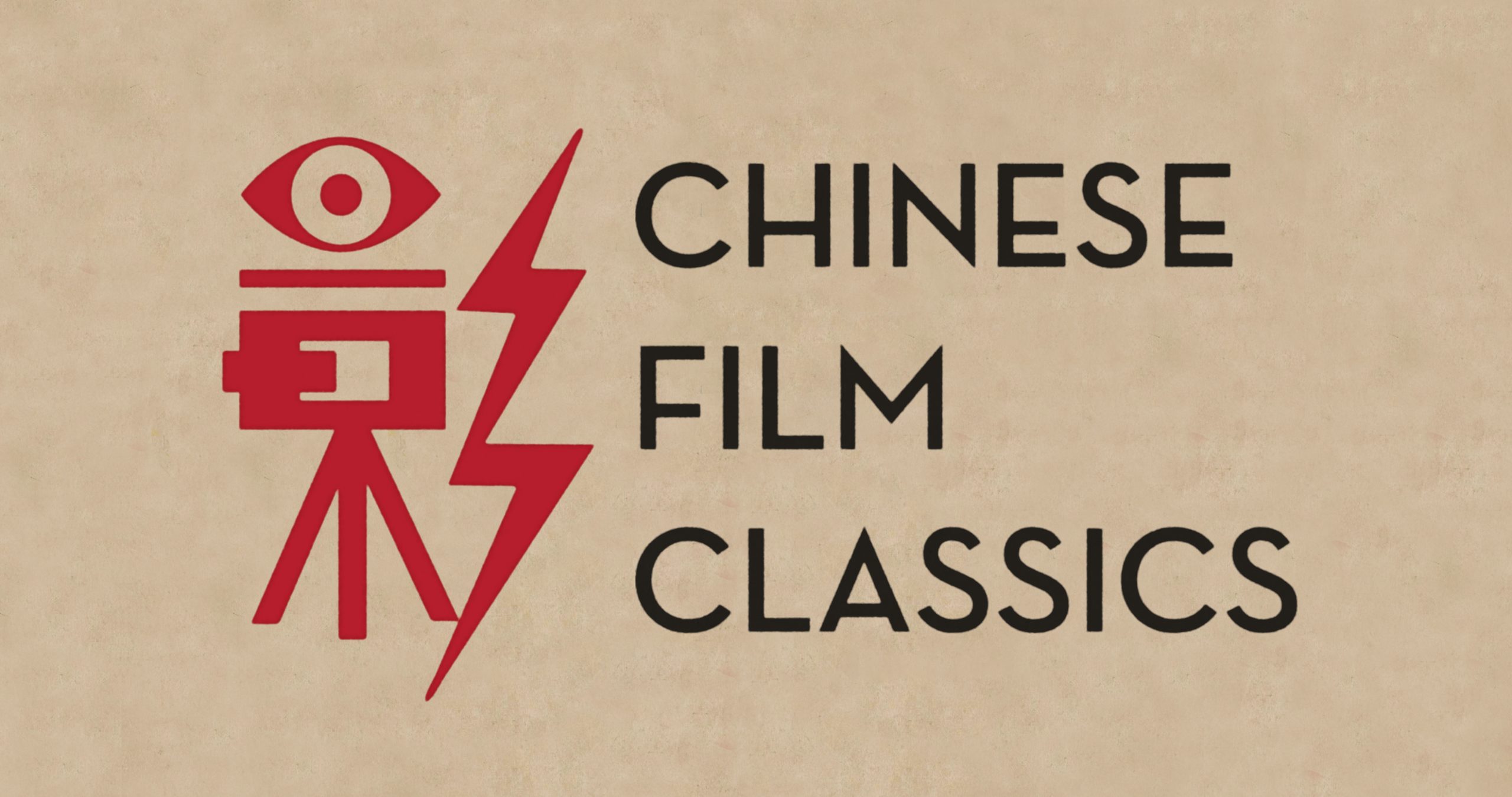
Chinese Film Classics, 1922-1929 (2021), by Christopher Rea
An essential guide to the first golden age of Chinese cinema, offering detailed introductions to fourteen films.
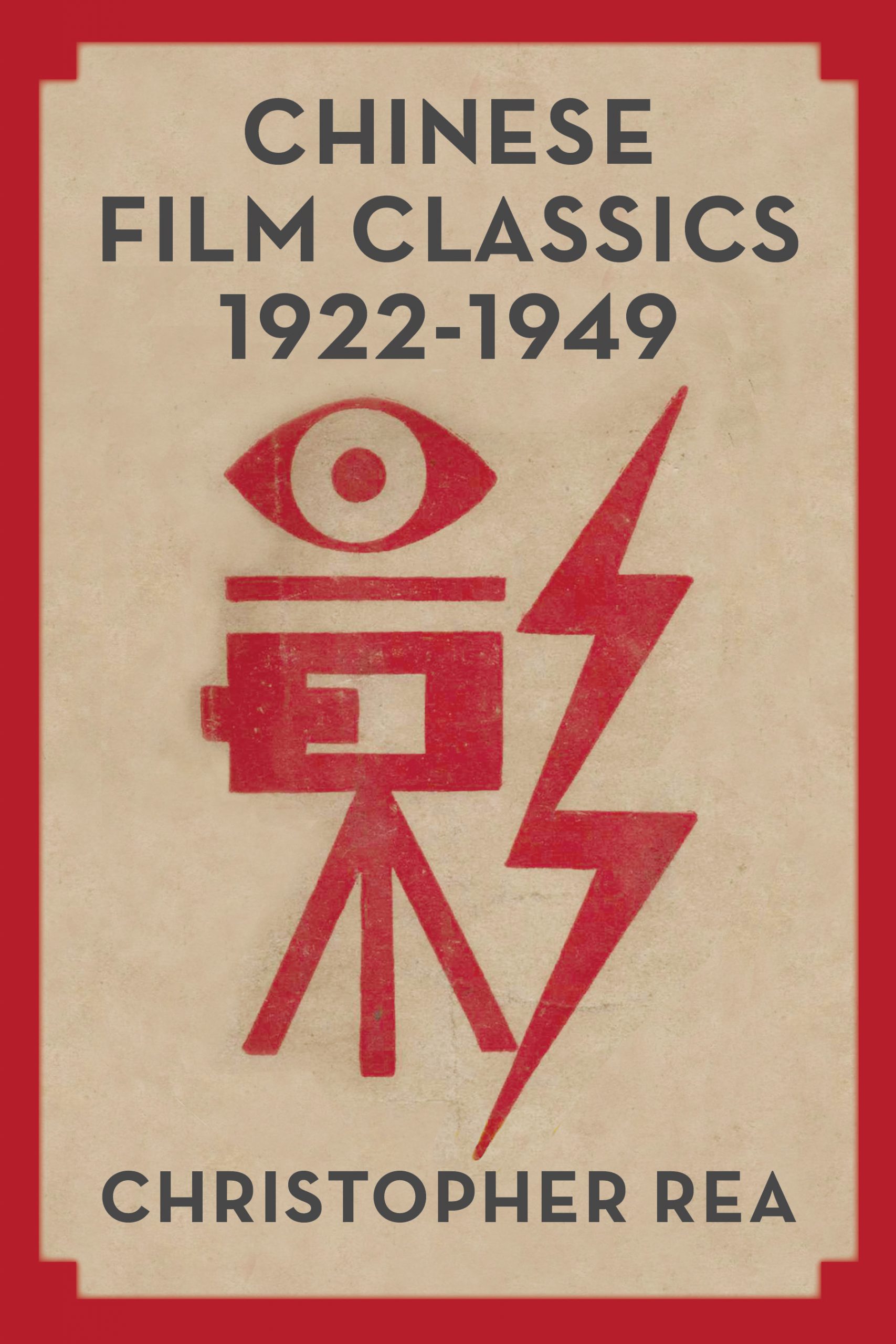
2021/03/01-05/12: Association for Chinese Animation Studies inaugural conference
A Zoom webinar featuring 19 panels of new academic research on Chinese animation, hosted by HKUST
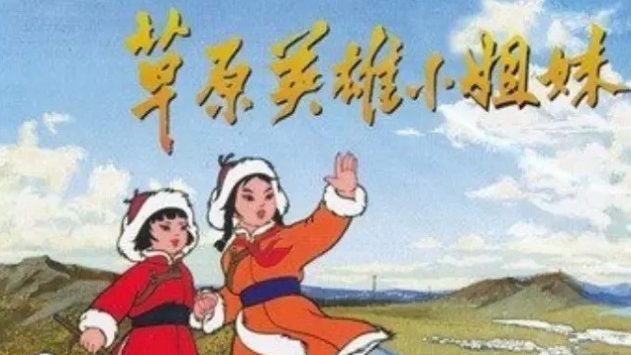
2019/10/03-11-16: Zheng Junli films at BAMPFA
A retrospective on actor-director Zheng Junli, featuring 10 of his films, several of which were restored by BAMPFA
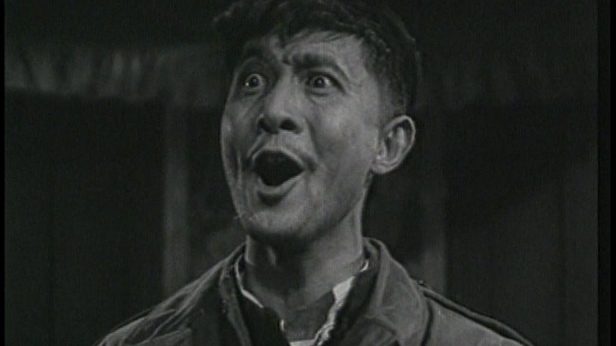
Animated Encounters (2019), by Daisy Yan Du
China’s role in the history of world animation has been trivialized or largely forgotten. In Animated Encounters Daisy Yan Du addresses this omission in her study of Chinese animation and its engagement with international forces during its formative period, the 1940s–1970s.
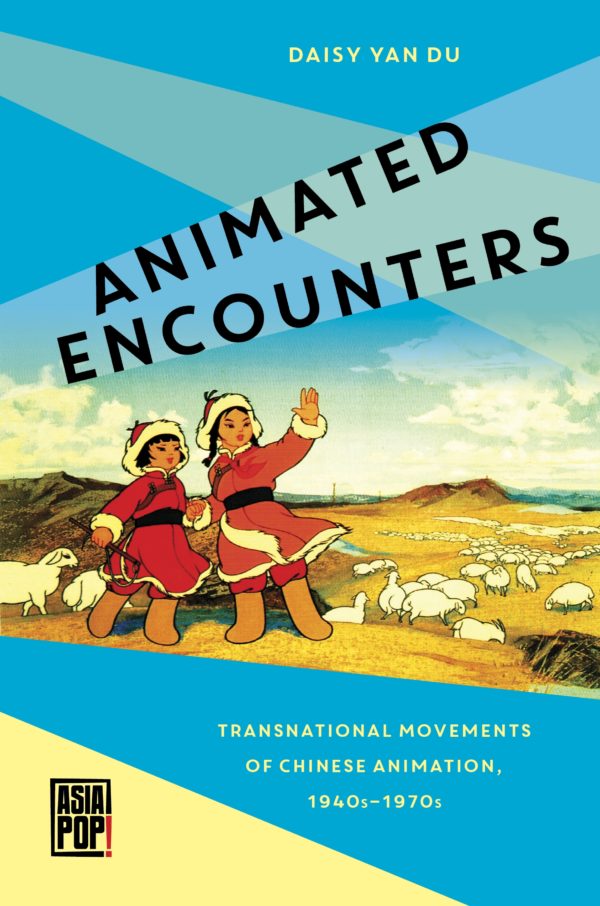
Crows and Sparrows 烏鴉與麻雀 (1949)
An epochal film, produced and set at the end of civil war, centering on a fight over housing. Who will stay and who will go?
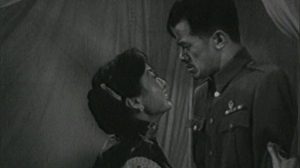
Wanderings of Three Hairs the Orphan 三毛流浪記 (1949)
Follows the misadventures of Sanmao as he tries to fill his belly on the streets of Shanghai. Adapted from the comic strip by Zhang Leping.
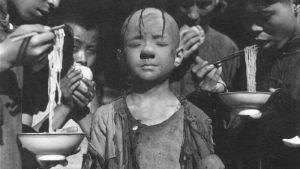
Spring in a Small Town 小城之春 (1948)
Director Fei Mu’s lyrical masterpiece shows people coping with loss and longing in the aftermath of the Anti-Japanese War.
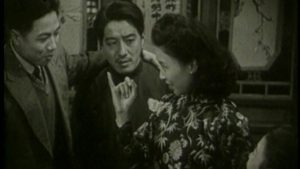
Spring River Flows East 一江春水向東流 (1947)
An epic melodrama in two parts. A dutiful wife struggles to keep her family together through eight years of war, only to suffer betrayal.
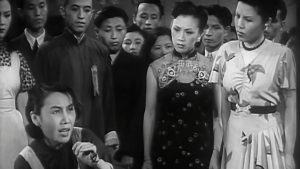
Street Angels 馬路天使 (1937)
Zhou Xuan sings two hit songs in this social drama by experimental filmmaker Yuan Muzhi, costarring heartthrob Zhao Dan.
